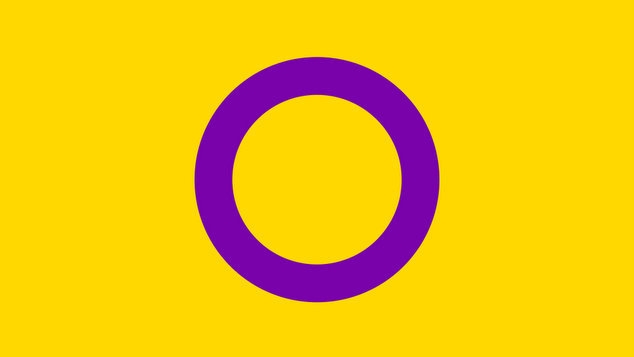
Intersex advocates have highlighted issues with new regulations passed by the peak body for elite swimming, FINA, warning of discrimination against people with intersex variations.
Intersex Human Rights Australia (IHRA) have called attention to regulations pertaining to ‘XY DSDs’, which categorises women with certain intersex traits as men.
The new policy would also only allow women with certain intersex characteristics to compete in the women’s category if “they have not experienced any part of male puberty beyond Tanner Stage 2 or before age 12, whichever is later”.
IHRA warn that these regulations serve to reinforce stigma and shame associated with intersex traits, and that the changes will have little immediate impact beyond compounding such stigma.
“These regulations only add to the harm experienced by people with intersex variations in Australia,” IHRA Executive Director and bioethicist Morgan Carpenter says.
“The women with XY traits primarily impacted by these regulations have not transitioned gender, they are not gender diverse, and they have often not had opportunities to participate in decision making about how they are medically treated. They were observed or assigned female at birth. They have been raised as women. Treating them as males strips them of their lifelong status and disregards their biological and social realities. Their status should not depend on the convenience of others.”
“The new FINA regulations require women in this situation to prove and certify practices that have violated their rights. Given the ongoing history of unnecessary medicalisation of children with intersex traits, these regulations reinforce and require harmful practices, or exclusion.”
IHRA Chair Agli Zavros-Orr adds that the ‘XY DSD’ rules are uneducated and discriminatory.
“Understanding of bodies and their biological variations from such a narrow perspective reinforces psycho-social gender-based stereotypes about female bodies and their diversity,” Zavros-Orr said.
“With many young people and young adults not learning about their intersex variation until they are older – to also find out that they are discriminated against in society (in this case participation in elite sport) can add to the experience of trauma because of pathologizing and discriminating practices beyond the doctor’s office.”
“From an education perspective this reinforces that society and social systems are discriminatory. Such systems perpetuate systemic violence that subject bodies to further scrutinization about what it means to be female – that leads to biased policing (with potential for bullying and harassment by those given the authority to implement this policy).”
Do you need some support?
If you are struggling with anxiety or depression, support and counselling are available from:
QLife: 1800 184 527 / qlife.org.au (Webchat 3pm – midnight)
QLife are a counselling and referral service for LGBTQIA+ people.
DISCHARGED: info@discharged.org.au / discharged.org.au
Discharged is a trans-led support service with peer support groups for trans and gender diverse folks.
Lifeline: 13 11 14 / lifeline.org.au
Beyondblue: 1300 22 4636 / www.beyondblue.org.au
You can support our work by subscribing to our Patreon
or contributing to our GoFundMe campaign.





